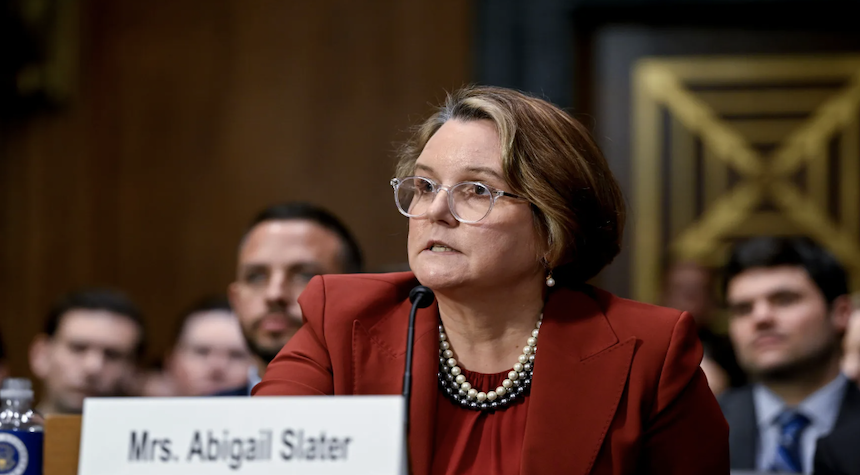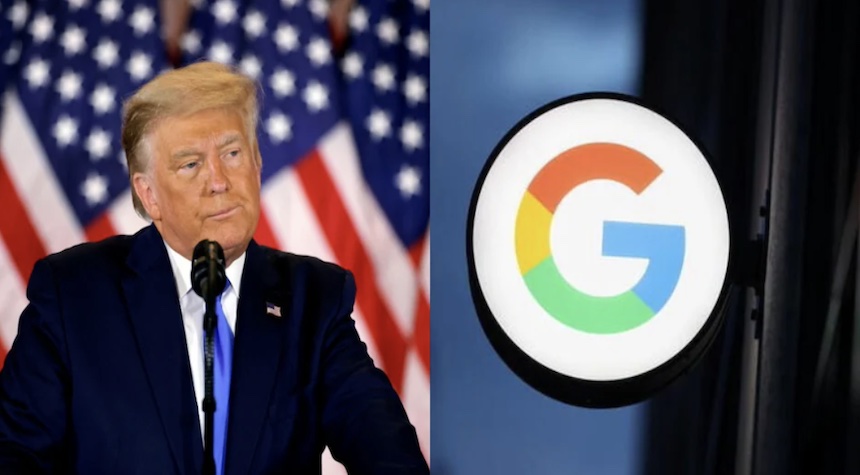It would have been difficult to forecast in 2017 the sudden warm relationship between Donald Trump and Silicon Valley. In his first year, Big Tech, like almost all other American institutions aligned themselves with #Resistance. The companies censored “conspiracy theory” which turned out to have been true. They also removed conservative social networks from their app stores, promoted left-wing causes like Black Lives Matter, and even suspended the sitting president’s social media accounts.
Things look very different two months into Trump’s second term. Jeff Bezos, Sundar Pichai, and other industry luminaries attended the inauguration. Mark Zuckerberg ditched Facebook’s “fact-checking system” in favor of a community note feature modeled after X. Google and Apple updated their maps to reflect the Gulf of America’s new name. In the past eight years, the same companies would have adamantly refused to accept it and then been praised by CNN and The View.
The shift in political views is not the result of Big Tech CEOs rethinking their beliefs organically as soon as Trump took office. This is the result of new incentives. On the other hand, Silicon Valley has been an important driver of economic growth, something Trump will need if he wants to reduce deficits and cut entitlements, without increasing taxes.

The United States has a balanced approach towards regulation and enforcement of antitrust laws, which is why Big Tech firms have been able to reach their present size and dominance in the world, while Europe, with its hyper-regulated regulatory environment, struggles to create successful start-ups. They’re particularly wary of Big Tech. The Wall Street Journal published dozens of angry editorials when Lina Khan launched antitrust suits against Meta and Amazon, as well as helped the Justice Department investigate Google, which led to an eventual antitrust case.
Gail Slater is a former Vance advisor and Trump’s newly confirmed choice to lead the DOJ antitrust division. She embodies the antitrust approach. Gail Slater expressed her concern for Big Tech during her confirmation hearing. She seems to be poised to continue Khan’s aggressive approach toward Big Tech. One industry observer noted that Google should be “shaking in their boots” when they think of her appointment. The remedies may even include forcing Google to give up its Chrome browser which controls more than half the U.S. internet market.
Her experience as an FTC lawyer and tech lobbyist has given her a unique perspective on the issue. Rachel Bovard, vice president of the Conservative Partnership Institute, said that Khan will use “a blade, not a nail.” Khan, along with her DOJ colleagues, broke away from the antitrust tradition by focusing on “distributing economic and political powers” instead of the traditional consumer welfare standard.

This resulted in absurd antitrust measures like the lawsuit against Visa over “monopolizing debit card transactions,” despite Visa having a 60 percent share, which is Merrick Garland, then-Attorney General of the United States, claimed that Visa’s illegal conduct affected not only the price for one item – but also the cost of almost everything.
He was eager to place the blame on the debit card company rather than his bosses’ disastrous inflationary expenditure. Garland made the same claim in his lawsuit against RealPage. He blamed the company for “making Americans pay more rent”, when in fact, it was the software that reported on the current market conditions. The Biden administration’s housing inflation, not this software, was the reason rents were so high.
Trump is not interested in making the same mistakes as his predecessors. In a Truth Social post announcing Slater as the nominee, Trump wrote that “Big Tech has run wild for years, stifling competition in our most innovative sector and, as we all know, using its market power to crack down on the rights of so many Americans, as well as those of Little Tech!”
In other words, Big Tech’s appeals to its own economic dynamism and old-school Republicans’ laissez-faire principles won’t cut it anymore. Nor will Silicon Valley CEOs’ Johnny-come-lately embrace of Trump and free speech. There’s a new sheriff in town. Big Tech must adapt or die.

